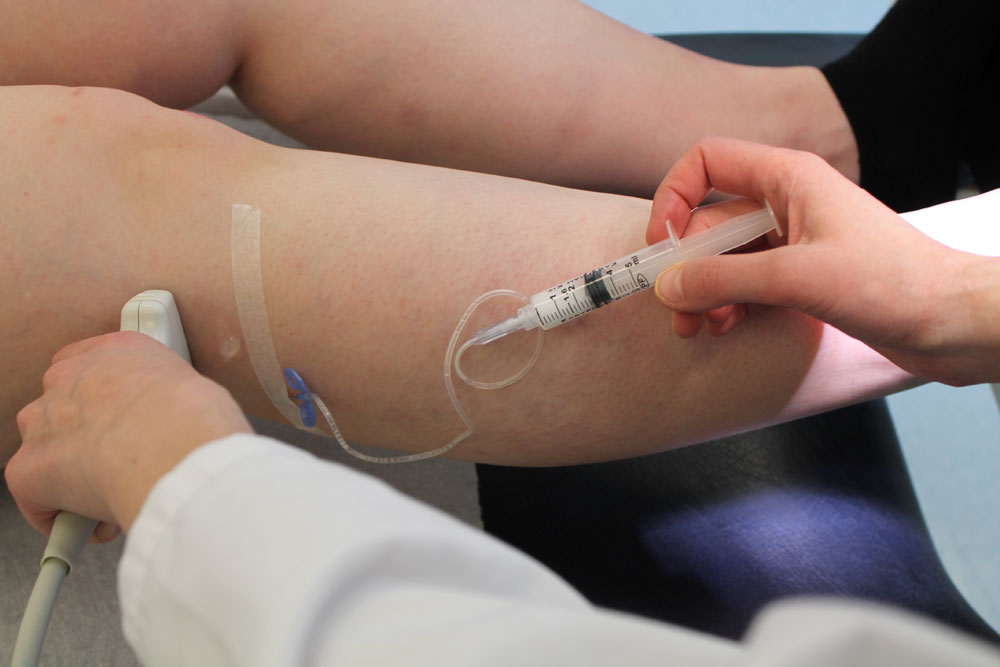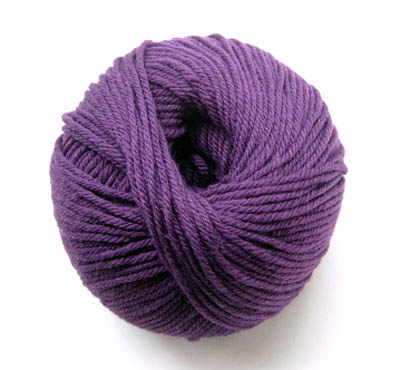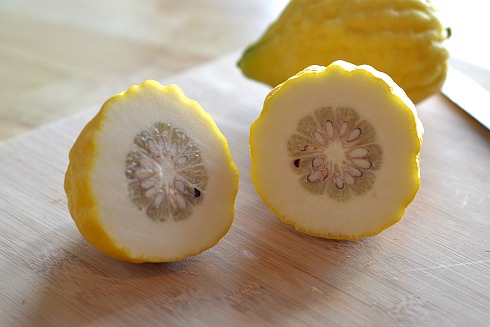One more good reason to avoid coffee while pregnant…
Pregnancy can be pretty difficult, thanks to the fact that you have to give up some of the most enjoyable things in life. Past a certain point in the pregnancy, you can’t drink alcohol, can’t do a lot of very active things, and can’t travel long distances. But one of the most difficult things pregnant women have to face is not being able to drink caffeine.
With alcohol, a little bit (one drink per week or two) in the early stages of the pregnancy may not be harmful. However, with caffeine, the effects are a bit more noticeable. In fact, according to a new study, drinking coffee can increase your risk of having miscarriages!
The Link Between Caffeine and Miscarriage
In the study, conducted by the NIH, both men and women were examined to determine caffeine intake. The study found that when either partner drank caffeinated drinks–including coffee, energy drinks, and caffeinated soda–in excess, the woman was far more likely to have a miscarriage. With more than three cups of caffeinated drinks per day, the risk increased drastically.
Of the women who suffered a miscarriage, the women over the age of 35 had a 200% higher risk of miscarriage than younger women. Women who drank caffeinated beverages were 74% more likely to miscarry than those who didn’t consume caffeine. The study lumped soda, tea, coffee, and energy drinks all together, proving that ALL of these drinks can be dangerous if consumed in excess.

READ MORE: Potatoes During Pregnancy Linked to Diabetes
Oddly enough, the male partner was almost as important as the female partner. In cases where men drank a lot of caffeinated drinks (more than 3 cups per day), the risk of miscarriage increased. Caffeine seems to affect sperm quality as well, and can affect the fetus so much that it can cause a miscarriage even if the mother never touches the stuff.
The study also found something interesting: women who took a multivitamin were far less likely to miscarry. The women who started taking multivitamins before they conceived and continued taking them during the pregnancy had a 50% lower chance of miscarriage than women who didn’t take vitamins.
The Takeaway
There are three things that this study proves beyond a shadow of a doubt:
- Caffeine = Not Healthy for Pregnancy — If you are trying to get pregnant, it’s time to cut caffeine from your diet. Caffeine can increase your risk of miscarriage and other pregnancy complications, so eliminating caffeine will give you a better chance of carrying your child to term. The moment you start trying to conceive, stop drinking caffeinated drinks.
- Men Need to Cut Caffeine, Too –– Just because you’re not the only carrying the child, that doesn’t mean you should be drinking coffee! Men who cut coffee from their diet are showing solidarity with their wives, something that is greatly appreciated. Plus, caffeine from either partner can have detrimental effects on the pregnancy. Just say “no” to caffeine!
- Vitamins Are a Must –– If you want to have a higher chance of a healthy pregnancy, it’s time to start caring for your health. That means taking more than just pre-natal vitamins, but other minerals and vitamins (in the form of a multivitamin) that will improve your bone health, reproductive health, circulation, metabolism, and so on. Start taking vitamins BEFORE you are pregnant, and you will have a much healthier pregnancy.
Sorry guys and gals! No more coffee for you–not until the child is fully weaned. It’s a tough saying, but it’s worth it to have a healthy, happy child!








